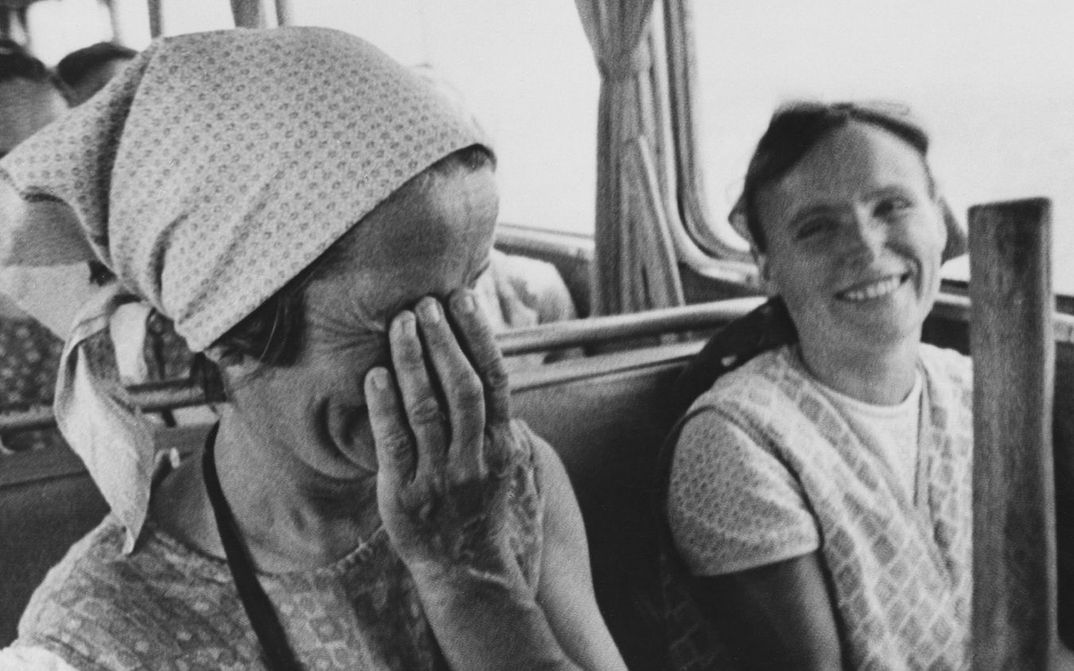Kino Krokodil, Collegium Hungaricum Berlin: How Long Does Man Live? – Films by Judit Elek

Judit Elek (*1937) is a key figure in Hungarian cinema, working in both documentary and fiction. She enrolled at the film school in Budapest in 1956, shortly before the Hungarian people’s uprising, and after graduation made her first short films at the Béla Balázs Studio, which she also co-founded, a place of willing experimentation and artistic freedom. Her life and her films are closely linked to the history of the 20th century: her Jewish heritage largely makes its presence felt in her later works in both documentary and fictional form. It anyway goes without saying that Elek’s oeuvre “successfully questions whether it’s possible to distinguish between fiction and non-fiction. It is an oeuvre that communicates with the various movements aimed at renewing cinema that were unfolding in parallel and her biographical situation in equal measure: when Elek graduated from film school, where she was the first woman ever admitted to study directing, she was not given a diploma in directing fiction films, which is why she started out by making documentaries for Hungarian television” (Friederike Horstmann). Judit Elek was always uncompromising. After completing her first fiction film in 1969, she received an unofficial ban on working because of a script she had written about the sham trials held against the Hungarian Jacobins in the 18th century and was thus unable to shoot any fiction films for 8 years. A sense of authenticity in depicting reality isn’t just characteristic of Elek’s documentaries, however, but also her fiction works, in which she often places a focus on the relationships between people, how they are tied into their surroundings and their feelings of loneliness and isolation. (Annette Lingg, Gary Vanisian)
A film series in collaboration with the Filmkollektiv Frankfurt. With thanks to Gary Vanisian.
Interview with Judit Elek by Jörg Taszman (in German language) PDF
At Kino Krokodil, Greifenhagener Str. 32, Berlin-Prenzlauer Berg and at Collegium Hungaricum Berlin, Dorotheenstr. 12, Berlin-Mitte